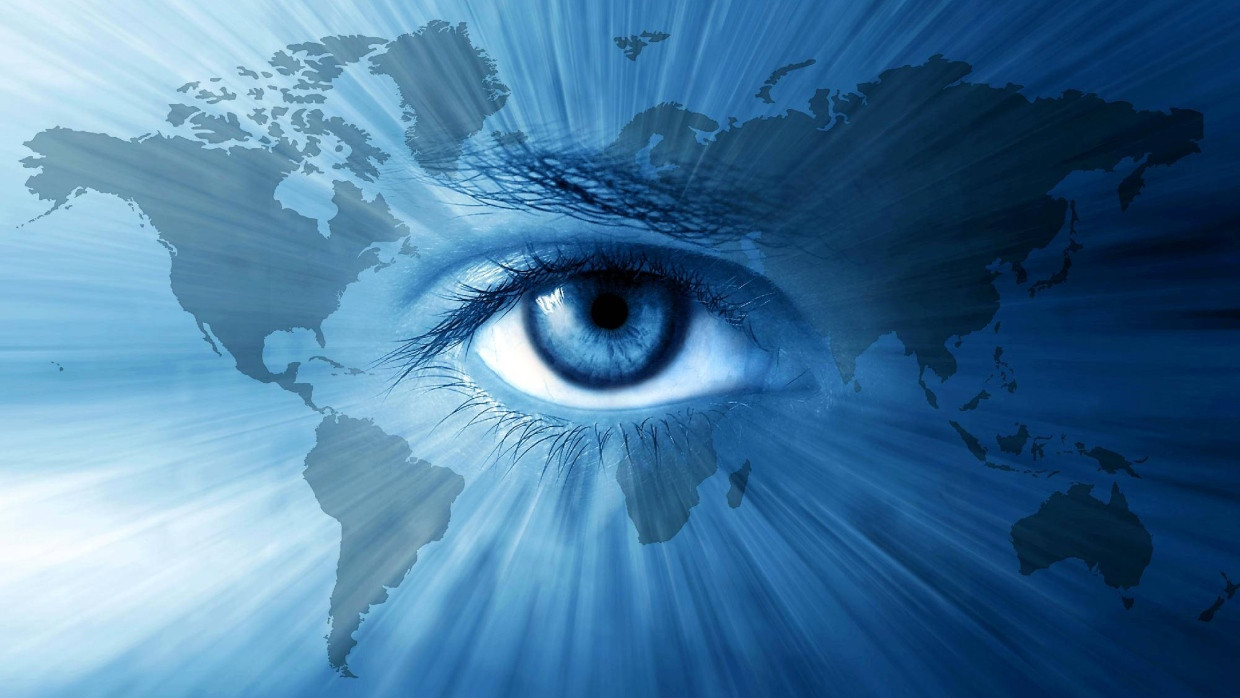
Title: The Influence of Judgment: An Essential Element of Human Nature
As individuals, judgment is a fundamental aspect of our character. Our capacity to make judgments significantly influences how we traverse the world — from safeguarding ourselves against threats to forming viewpoints, making choices, and establishing ethical principles. However, judgment also possesses a dual nature. Used wisely, it can lead us to clarity and equity. When approached carelessly, it can separate, alienate, and cause harm.
In this piece, we’ll delve into the essential function judgment holds in human existence, the distinction between objective and subjective judgment, and how we can cultivate discernment to promote enhanced awareness, connection, and compassion.
Grasping Judgment: The Fundamentals
To judge is to form an assessment or inference about something or someone. At its essence, judgment assists us in interpreting data, evaluating risks, and making decisions. Without it, we would be vulnerable to danger, easily deceived, and unable to engage socially.
Significantly, judgment isn’t inherently positive or negative — it is impartial. It’s the nature of the judgment, our level of attachment to it, and our actions in response to it that dictate its effects.
Objective vs. Subjective Judgment
To gain a clearer understanding of judgment’s impact on our lives, it’s useful to differentiate between two primary categories:
1. Objective Judgment:
This type of judgment is anchored in verifiable facts and logical deduction. It considers context, evidence, and strives to grasp the wider scenario. For instance, choosing not to travel a particular route due to weather forecasts predicting a storm exemplifies an objective judgment.
2. Subjective Judgment:
This judgment is influenced by personal emotions, prejudices, tastes, or prior experiences. For example, harboring a dislike for someone based on their appearance or mannerisms without knowing them illustrates a subjective judgment. Such judgments often emerge automatically, driven by subconscious conditioning and apprehension.
While both types of judgment are instinctive reactions, distinguishing between them is essential. Objective judgments can help shield and steer us, whereas unchecked subjective judgments frequently result in bias, misunderstanding, and division.
The Importance of Discernment
Discernment represents the capacity to make sound judgments. It allows us to pause, contemplate, and determine what is worth holding on to, and what is not. It builds on objective judgment while incorporating emotional awareness and mindfulness.
Discernment doesn’t involve suppressing subjective feelings; rather, it entails recognizing them without allowing them to dominate our reasoning. It’s about examining our instincts and discarding those that cause more harm than good.
Through discernment, we opt to respond instead of react.
Ways to Cultivate Discernment
Nurturing discernment requires enhanced self-awareness and practice. Here are several steps to initiate the process:
– 1. Notice Your Judgments
Begin by observing the judgments you make daily. Are they grounded in facts or assumptions? Document them.
– 2. Distinguish the Objective from the Subjective
For each judgment, consider: What proof do I possess? Is this reaction driven by logic or emotion?
– 3. Contemplate and Question
Pose questions to yourself, “Why do I feel this way? Does this judgment safeguard my well-being, or is it based on fear, routine, or bias?”
– 4. Engage in Mindful Non-Attachment
Mindfulness promotes observation without attachment. Acknowledge judgments without clinging to them.
– 5. Release with Compassion
Let go of harmful or baseless judgments — not with shame, but with curiosity and kindness. This approach isn’t about stifling thoughts but about creating room for clarity.
The Reflection of Judgment
There’s an old saying: “What we criticize in others, we deny in ourselves.” Frequently, our harshest judgments mirror our insecurities, fears, or experiences. In this manner, judgment can act as a mirror — revealing not only the external world but also truths about our inner selves.
What if every judgment we hold served as a clue — a breadcrumb leading us deeper into self-discovery and healing?
Consider asking yourself: “What does this judgment reveal about me? Where does it stem from? What am I attempting to protect or evade?”
By transitioning our approach to judgment from reactivity to reflection, we empower ourselves and cultivate deeper empathy for others.
Judgment and the Human Journey
We cannot eliminate judgment entirely — nor is it advisable. Judgment is crucial for survival and decision-making. However, we can refine our evaluations. We can scrutinize them with honesty, patience, and humility. We can adopt a lighter hold on them.
Judgment, when coupled with discernment, acts as a bridge — not a barrier — connecting us to others. It can aid us in making wiser choices, living more authentically, and avoiding the pitfalls of bias and impulsiveness.
Conclusion: The Impact of Judgments on Our Reality
Ultimately, how we judge influences our perception and interaction with the world. Every judgment serves as a lens through which we view life, tinting our understanding.